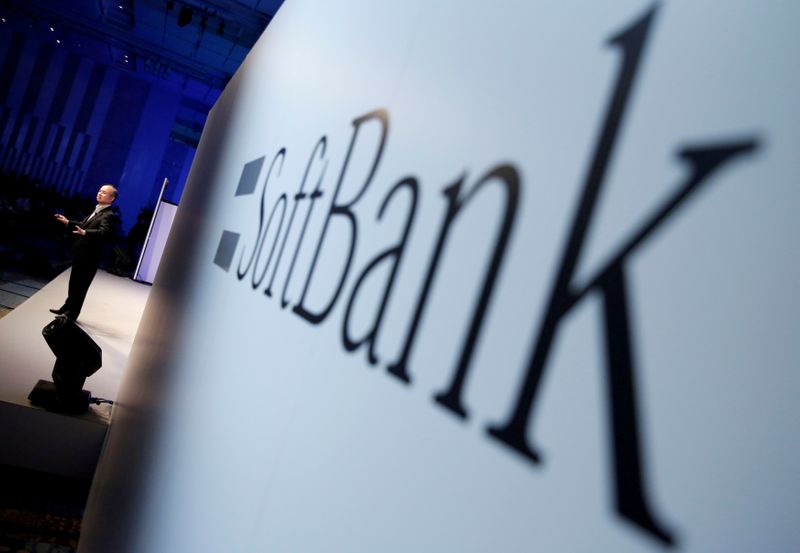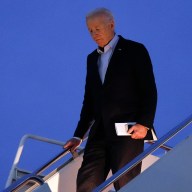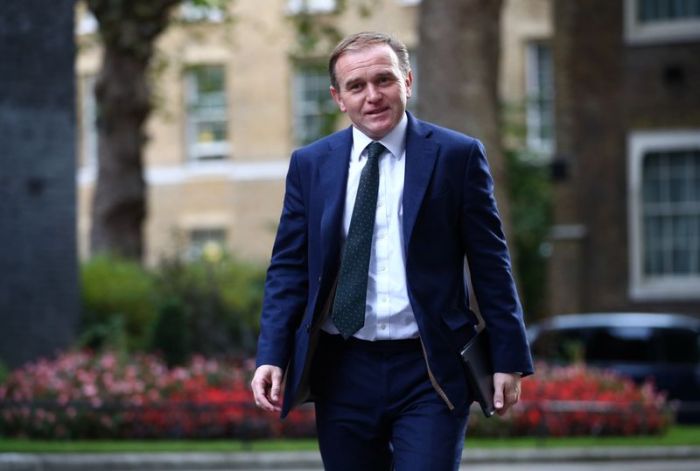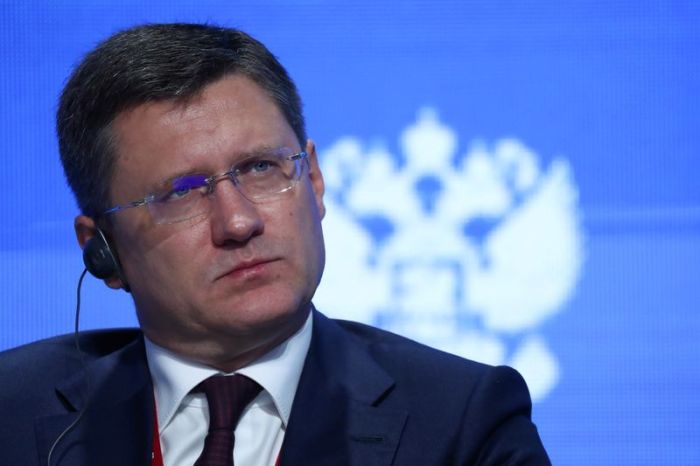TOKYO (Reuters) – Japan’s SoftBank Group Corp on Monday reported $6.1 billion in quarterly profit as a broad upswing in tech valuations brought its mammoth Vision Fund back into positive territory.
The Vision Fund recovery is likely to be welcome news for investors unnerved by some of SoftBank’s recent stumbles, even as overall earnings were tainted by a 132 billion yen ($1.3 billion) hit following bets on technology stocks and derivatives.
The news came as SoftBank announced the removal of several high-profile executives from its board, including Vision Fund chief Rajeev Misra and Chief Operating Office Marcelo Claure, following investor pressure to improve governance.
At September-end, SoftBank held positions worth $16.8 billion in stocks including Amazon.com Inc, Google parent Alphabet Inc and Facebook Inc.
Chief Executive Masayoshi Son has been parking excess cash from asset sales in tech stocks and derivatives in at attempt to capitalise on an uplift in valuations in the sector.
The fair value of SoftBank’s options and futures positions was $2.7 billion at the end of September.
The bets sparked wide speculation in markets that SoftBank was the so-called “Nasdaq whale”, an investor with large derivatives positions in tech stocks.
Son said he was surprised at the characterisation.
“I’m not sure if that’s praise or disparagement,” he told a news briefing.
VISION FUNDS
SoftBank reported net income attributable to shareholders of 628 billion yen for the three months through September, versus a loss of 700 billion yen in the same period a year earlier.
It booked a gain of 1.04 trillion yen in the quarter from investments via its two Vision Funds, though much of that typically reflected unrealised profit from portfolio companies. The figure compared with a loss of 944 billion yen a year earlier.
The first fund is now worth some $76.4 billion, slightly north of the $75 billion paid for its 83 investments, it said.
That total does not include gains over the life of the fund including a $4.5 billion gain from exited investments and a $1.5 billion gain from derivatives.
The smaller second fund saw a big uplift following the listing of housing firm Ke Holdings Inc. That fund had a fair value of $7.6 billion versus a total cost of $2.6 billion, SoftBank said.
SoftBank itself is the only investor in the second fund – a move aimed at attracting more investment.
“We are always open to third-party investors but at the moment we are not that popular,” Son said.
CORPORATE SHAKE-UP
In a major corporate governance shake-up, SoftBank said Vision Fund chief Rajeev Misra, Chief Operating Officer Marcelo Claure and Chief Strategy Officer Katsunori Sago had left the board.
The changes were made to increase the ratio of external directors on the board, Son said. The managing director of Saudi Arabia’s sovereign wealth fund, Yasir al-Rumayyan, has also resigned, reducing the total number of board members to nine.
The board changes, which follow investor pressure to improve oversight at the group, come as SoftBank accelerates its shift to investing beyond its recent focus on late-stage startups.
Unlisted startups make up 8% of the group’s holdings. Investments in listed stocks like the Amazon stake, worth $6.3 billion at the end of September, are like a pilot programme for the group, Son said.
The Japanese billionaire has a 33% stake in the new asset management subsidiary making the investments, SB Northstar.
Company executives are frustrated by the gap between SoftBank’s market capitalisation and the value of its assets and have mulled plans to take the group private, Reuters reported in September.
Son on Monday said he regularly considers the merits and demerits of being a listed company, but declined to comment on whether a management buyout was in the works.
(Reporting by Sam Nussey; Editing by David Dolan, Christopher Cushing and Mark Potter)



















